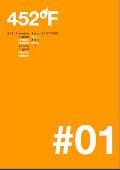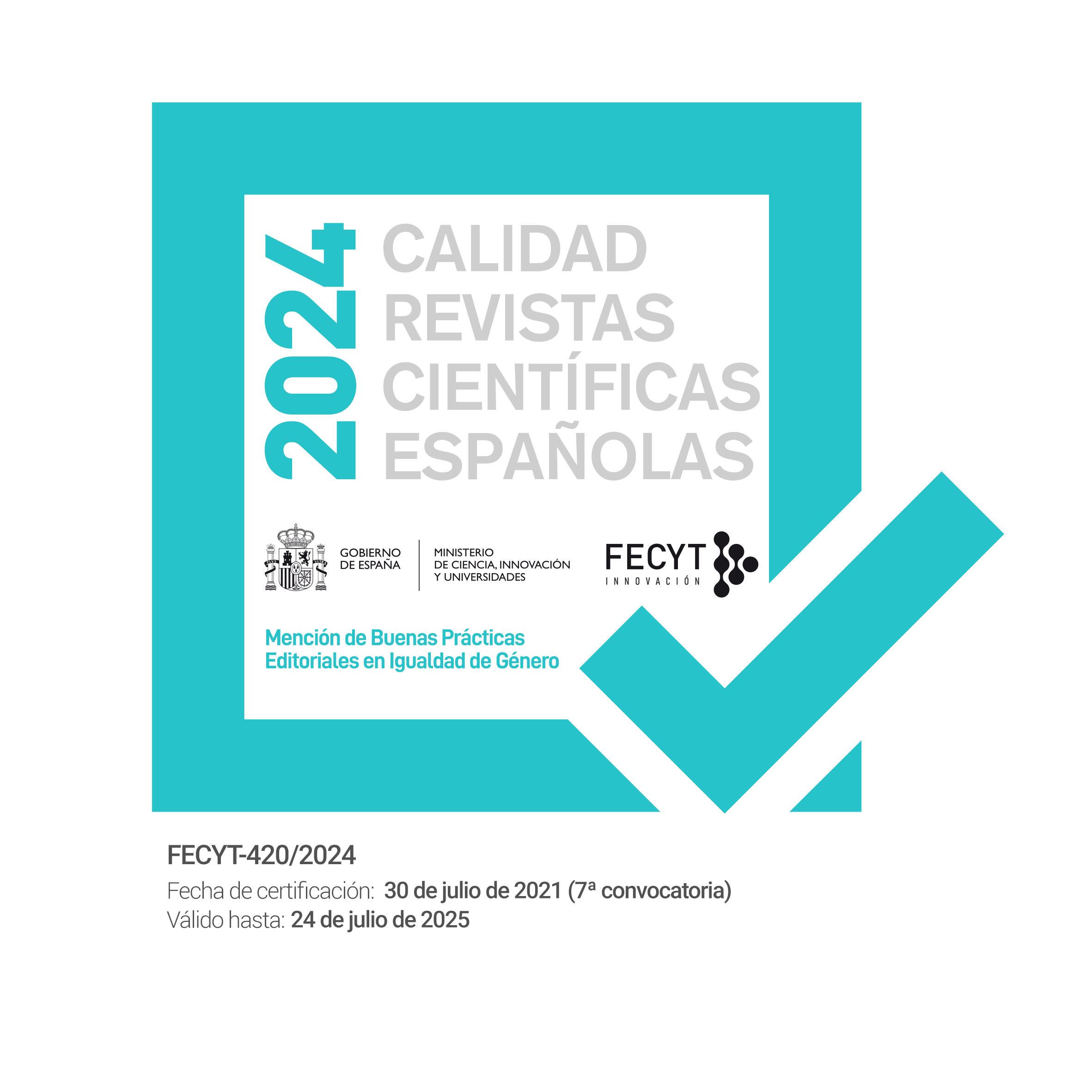NEITHER GENIUS NOR FUDGE: EDGAR ALLAN POE AND 'EUREKA'
Keywords:
Poe, Eureka, ether, mesmerism, hoaxAbstract
Eureka (1848) has been taken at face value as an expanded version of a lecture on cosmology that Poe gave earlier the same year. However, its seriousness as a work of science should be questioned. Its treatment of themes found in other works by Poe shows the author’s unconcern for consistency, and the text unlikely to have resulted from a serious engagement with scientific argument. Instead it should be approached as a hoax: an attempt to reveal the gullibility of its readers. Poe’s hoaxes relied for their effect on the trust created in readers by their recognition of generic conventions, and Eureka exploited and ridiculed public trust in cosmological lecturers such as John Bovee Dods.Downloads
How to Cite
Issue
Section
License
All contents published in the journal are protected under a Creative Commons BY-NC-ND license. This corresponds to legislation within Spain, and does not allow commercial use of the texts. It is not possible to modify the contents either.
General information.
Comparative Literature magazine 452ºF [ISSN 2013-3294] is a publishing project coordinated by Asociación Cultural 452ºF, and developed by its Editorial board.
Access to the Contents and Copyright.
All contents published in the journal are protected under a Creative Commons BY-NC-ND license. This corresponds to legislation within Spain, and does not allow commercial use of the texts. It is not possible to modify the contents either.
Every person has free access to the contents of the journal as long as they understand and assume that no profit is to be made on other people’s work.
In all cases, the original source name of the online journal and the article must be mentioned when used for any purposes.
Basic Conditions of all Call for Papers.
- 1. The author accepts that sending the paper:
- a. Does not guarantee the publication of it.
- b. Is done in accordance to the style-sheet of the magazine and the requirements of the specific call for papers.
- c. Implies the non-exclusive transferring of the first publication rights of the paper, as long as it is selected to be published in the journal, to theAsociación Cultural 452ºF, under a Creative Commons BY-NC-ND license.
- 2. The journal 452ºF, in due respect to moral rights of a copyright, guarantees that:
- a. All papers will be evaluated according to the procedure already mentioned.
- b. All authors will receive either a positive or negative answer to their sending a paper for publication.
- c. All papers will be published unabridged. The journal might make changes in the typographical disposition according to the needs.
- d. All papers will be published under a Creative Commons BY-NC-ND license.





